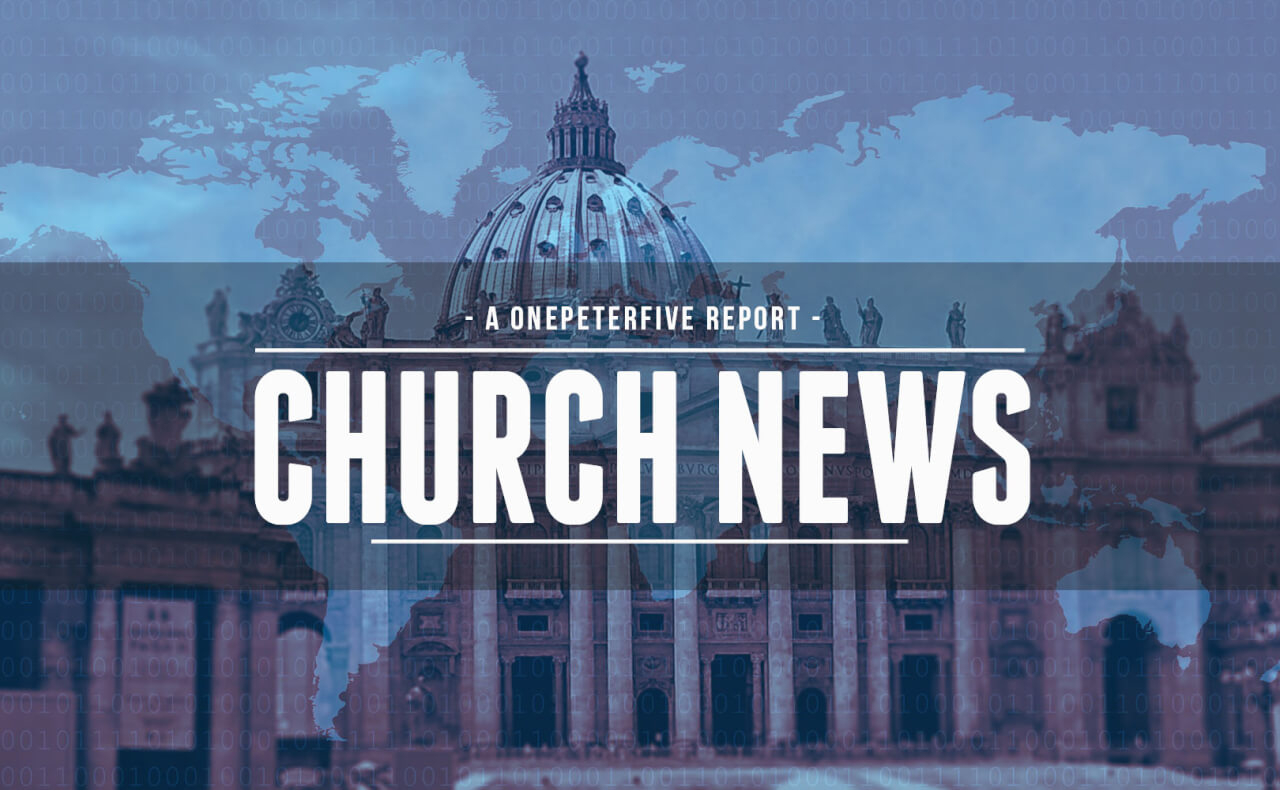|
Getting your Trinity Audio player ready...
|
Recently, Pope Francis appointed three new members of the Dicastery for the Doctrine of the Faith. Notably—according to the reporting of Vatican expert Edward Pentin—all three can be linked to concerning statements, actions, or alliances regarding the topic of homosexuality.
The three prelates are Archbishop Bruno Forte, Cardinal Jose Tolentino de Mendonca, and Cardinal Marcello Semeraro.
Archbishop Bruno Forte
Forte is well-known to those who followed the 2014-2015 Synods on the Family. In 2014, as the synod’s special secretary, Forte wrote a manipulated report on, among other things, the “precious support” found in same-sex relationships. This report was released the very day that two political parties in Italy announced their support for homosexual unions.
In response to a question about legislation supporting cohabiting same-sex couples, Forte announced to the media that “describ[ing] the rights of people living in same-sex unions” was a matter of “being civilized.”
Veteran vaticanista Sandro Magister, meanwhile, describes Forte as “a leading proponent of the theological and pastoral approach that had its guiding light in the Jesuit cardinal Carlo Maria Martini”—namely, an “approach explicitly open to a change of Church teaching in the area of sexuality.”
Put simply, Forte was a disciple of the late Martini, who endorsed same-sex civil unions, thus another successor for the St. Gallen Mafia
Cardinal José Tolentino de Mendonça
Mendonça, as Pentin points out, “served for some years as rector of the Capela do Rato, a private chapel in Lisbon known for ministering to homosexuals whom he said he doesn’t judge.”
In 2015, Pentin notes, the cardinal was asked to comment on his work at Capela do Rato. Mendonça said:
I don’t choose the people with whom I have to walk. Since I don’t choose, I don’t judge. The attitude of the Church has to be one of welcome, of a normal accompaniment of what people live and are.
Mendonça has also been criticized for serving as an ally of Catalan Benedictine Sister Maria Teresa Forcades i Vila. In 2015, responding to a question regarding whether she was in favor of same-sex “marriage,” the sister responded: “Yes. …I live in the world and I see persons of the same sex who love each other, and I ask myself, ‘Why must they be wrong?’”
Asked how the relationship between the Church and homosexuality is changing, the Spanish sister said:
I think that Pope Francis attempted to make a step forward in this sense with the Synod on the Family; he did not succeed in doing it, but it is not the same atmosphere now as it was when there was not Pope Francis. For example, Sr. Jeannine Gramick, who worked in the United States for many years for acceptance not only for being homosexual but also for homosexual activity, for physical homosexual love, has said that from the time Pope Francis arrived she no longer faced the pressure she had endured previously to not do this type of apostolate.
In his preface to the nun’s 2013 book Feminist Theology in History, Mendonça said:
One of the convictions with which this book leaves us is that the future of Christianity greatly depends on the process of ‘clearing out’ of its past and present that we will be able to accomplish.
His preface continues:
Teresa Forcades I Vila reminds us of the essential thing: that Jesus of Nazareth did not codify laws or lay down rules. Jesus simply lived. That is, he constructed an ethic of relationship; he embodied the poetry of his message in the visibility of his flesh; he displayed his own body as a premise.
Ultimately, comments Lupo Glori, Mendonça’s rise seems to confirm “that there is a specific ‘political agenda’ within the Catholic Church.”
Cardinal Marcello Semeraro
Then there is the Italian Semeraro. According to Pentin, Semeraro “has reportedly turned his diocese into the Italian capital of the Catholic-gay movement, annually hosting the Forum of Italian LGBT Christians, a group seeking to make homosexuality fully accepted inside the Church.”
Pentin continues: “[Semeraro] also wrote the foreword to a book by an Italian priest entitled ‘Possible Love—Homosexual Persons and Christian Morality.’”
According to one outlet, during the 2016 Italian edition of Family Day, Semeraro “openly supported the legal recognition of homosexual civil unions, while excluding children’s adoption by gay couples.”
The Dicastery for the Doctrine of the Faith
So these three prelates will join DDF prefect Cardinal Victor Manuel Fernández in helping to shape the Church’s top doctrinal office. This is the same DDF, of course, that under Fernández’s guidance “invent[ed] a pastoral extension of the concept of blessing” same-sex couples, as the new book The Breached Dam puts it.
According to The Breached Dam, we are ultimately dealing with nothing less than a “Vatican surrender to the pressures of the homosexual movement inside and outside the Church.” Time will tell just how swiftly the waters will rise—and how we will recover from this breach.


